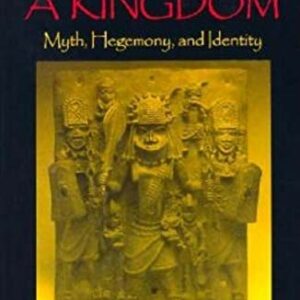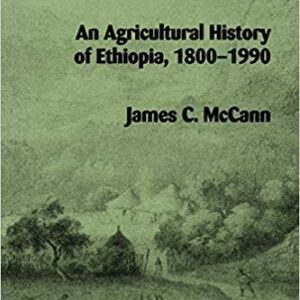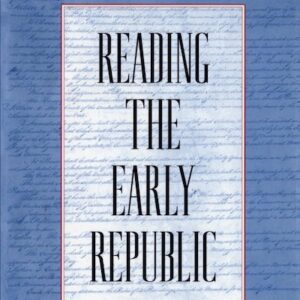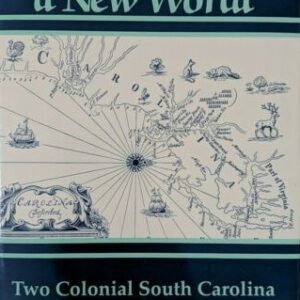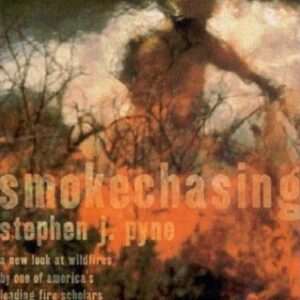
Mirror of Modernity: Invented Traditions of Modern Japan
Edited by Stephen Vlastos (NHC Fellow, 1996–97) This collection of essays challenges the notion that Japan's present cultural identity is the simple legacy of Japan's premodern and insular past. Building on the pathbreaking historical analysis of British traditions, The Invention of Tradition, sixteen American and Japanese scholars examine "age-old" Japanese cultural practices, ranging from judo to … Continued

